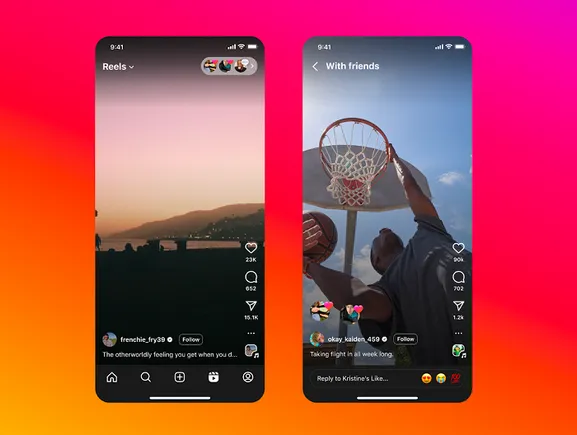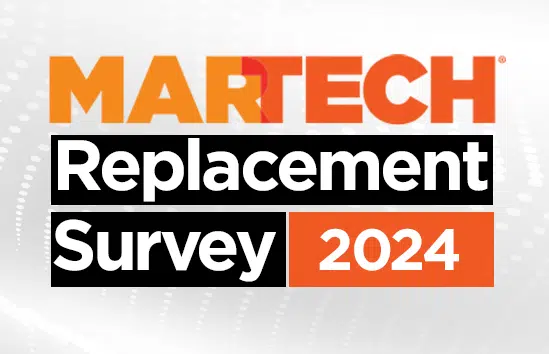Google said yesterday it will not deprecate third-party cookies in the Chrome browser, an about face that left the advertising industry stunned. It will, however, continue to develop Privacy Sandbox alternatives, enabling Chrome users to make an informed choice about whether or not to accept cookies when browsing.
The U.K.’s Information Commissioner’s Office (ICO), which previously said Google could not deprecate cookies until it met a long list of concerns, said:
We are disappointed that Google has changed its plans and no longer intends to deprecate third party cookies from the Chrome Browser.
“From the start of Google’s Sandbox project in 2019, it has been our view that blocking third party cookies would be a positive step for consumers.
The announcement, by Google’s Anthony Chavez, VP, Privacy Sandbox can be found here.
Why we care. That was a lot of time and money spent on something that didn’t, in the end, go anywhere. Our quick take is that, unlike Safari and Firefox, for example, Chrome is owned by an entity with a compelling interest in preserving advertising revenue. That’s why Google wanted it both ways — to satisfy privacy advocates while still offering workable options for advertisers.
Over the course of several years, Google succeeded in disappointing both sides, with regulators questioning whether Google was truly protecting user privacy while IAB Tech Lab found resoundingly that the Privacy Sandbox alternatives to cookies were actually unworkable.
Adtech responds
The news from Google sparked a flurry of reactions from the adtech space. Some insisted the industry already moved on from the third-party cookie world (many, of course, are invested deeply in alternatives).
For example, Jon Schulz, CMO at Viant, said: “This reversal on cookie deprecation largely changes nothing for an industry that has already moved beyond third-party cookies. The rapid growth of CTV and other cookieless channels is driving industry growth overall.”
Also this, from Joe Root, CEO and co-founder at Permutive: “There is another way for advertisers to build brand equity, grow market share and drive performance in programmatic, and it lies in publisher first-party signals and data collaboration between data owners—advertisers and media owners. When these data owners collaborate, not only is it enormously scalable, but it is also performant, delivering increased yield for publishers, and incremental sales and reduced cost per acquisition for advertisers.”
Similarly, Heather Macaulay, president of MadTech: “We must progress towards a first-party data future where third-party cookies are neither the focal point nor the foundation.”
Michele Fitzpatrick, VP of strategy at Marigold: “Cookies have been an important and useful tool in a marketers toolbox, but data carefully collected and curated directly from a consumer in a transparent manner is a more powerful tool.”
Jamie Domenici, CMO at Klaviyo: ““Google’s cookie reversal today shouldn’t change how marketers interact with customers. In fact, the strategy should remain the same – ask permission, ensure your customers have a choice on what data they share and rely on zero and first party data to craft your campaigns.”
Scott Opiela, Acoustic’s CMO, joins the chorus, but not without first voicing the widely felt frustration at the “thrash and uncertainty” created by Google. He said: “Moving forward, first- and zero-party data collected through brands’ owned channels — like websites, email, SMS, and mobile push notifications — remain critical to engaging consumers effectively, future-proofing marketing operations, and creating a customer engagement strategy that prioritizes consumer privacy.”
Adam Schenkel, EVP, global platform strategy and operations at GumGum, had some strong words too: “Google’s decision is shortsighted, especially as it relates to privacy. The industry and Google should continue to broaden its toolkit to include less invasive methods of delivering ads.”


























































![Social Media Spring Cleaning [Infographic] Social Media Spring Cleaning [Infographic]](https://imgproxy.divecdn.com/9e7sW3TubFHM00yvXe5zvvbhAVriJiGqS8xmVFLPC6s/g:ce/rs:fit:770:435/Z3M6Ly9kaXZlc2l0ZS1zdG9yYWdlL2RpdmVpbWFnZS9zb2NpYWxfc3ByaW5nX2NsZWFuaW5nMi5wbmc=.webp)
![5 Ways to Improve Your LinkedIn Marketing Efforts in 2025 [Infographic] 5 Ways to Improve Your LinkedIn Marketing Efforts in 2025 [Infographic]](https://imgproxy.divecdn.com/Hv-m77iIkXSAtB3IEwA3XAuouMwkZApIeDGDnLy5Yhs/g:ce/rs:fit:770:435/Z3M6Ly9kaXZlc2l0ZS1zdG9yYWdlL2RpdmVpbWFnZS9saW5rZWRpbl9zdHJhdGVneV9pbmZvMi5wbmc=.webp)















